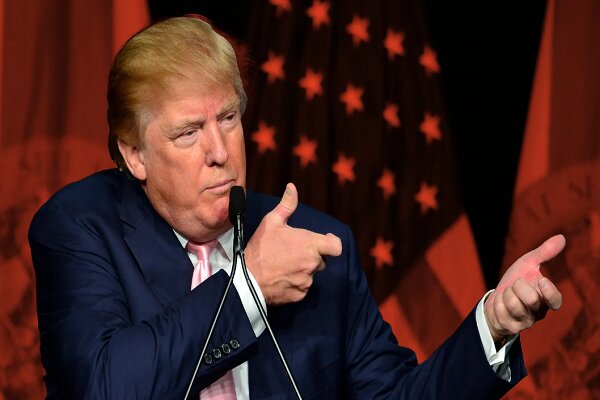Shenna Bellows, Maine’s Democratic secretary of state concluded that Trump, the Republican front-runner for presidential nomination, instigated a rebellion by disseminating allegations of voter fraud in the 2020 election and subsequently encouraged his followers to rally at the US Capitol in order to impede lawmakers from validating the election outcome.
“I do not reach this conclusion lightly,” Bellows wrote in a 34-page ruling, as Maine became the second state to block the former president from running again because of his actions before and during the attack on the Capitol on January 6, 2021.
“I am mindful that no Secretary of State has ever deprived a presidential candidate of ballot access based on Section Three of the Fourteenth Amendment. I am also mindful, however, that no presidential candidate has ever before engaged in insurrection,” she said in the decision.
"The US Constitution does not tolerate an assault on the foundations of our government."
The ruling exclusively pertains to the March primary election in Maine, however, it has the potential to impact Trump's eligibility for the November general election.
This ruling is also expected to increase the urgency for the US Supreme Court to address concerns regarding Trump's eligibility across the entire nation, under the constitutional provision known as Section 3 of the 14th Amendment, passed after the US Civil War to keep former confederates from serving in government.
Soon after the announcement was made, the Trump campaign said that it would challenge the "atrocious" decision.
“We are witnessing, in real-time, the attempted theft of an election and the disenfranchisement of the American voter,” Trump’s campaign spokesman Steven Cheung alleged in a statement that described Bellows as a “virulent leftist and a hyper-partisan Biden-supporting Democrat”.
“Democrats in blue states are recklessly and unconstitutionally suspending the civil rights of the American voters by attempting to summarily remove President Trump’s name from the ballot,” Cheung said.
Maine’s decision came days after Colorado’s supreme court on December 19 decided that the former president should not be allowed to appear on that state’s Republican primary ballot, which made him the first candidate in US history to be pronounced ineligible for the presidency over his insurrection support.
Trump has vowed to challenge the Colorado ruling to the Supreme Court, where he appointed three of the six justices, and criticized ballot challenges as “undemocratic.”
According to legal experts, the top court of the country, which has never ruled on Section 3, should step in to clarify what states can do but also argue that the clause should apply to Trump because of his role in trying to obstruct the peaceful transfer of power.
RHM/Press TV






Leave a Reply